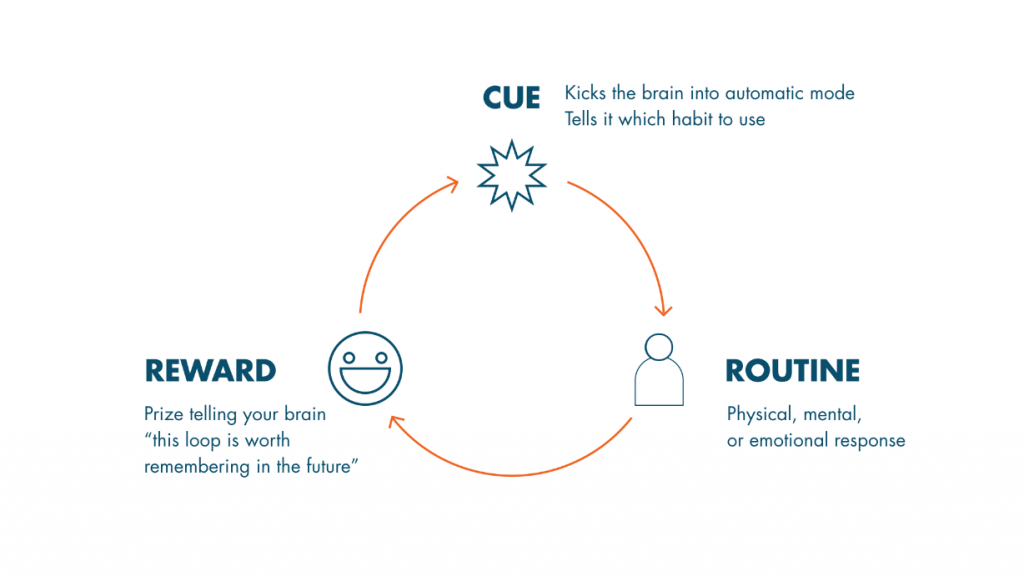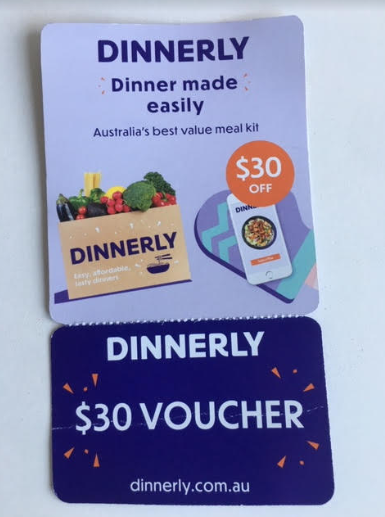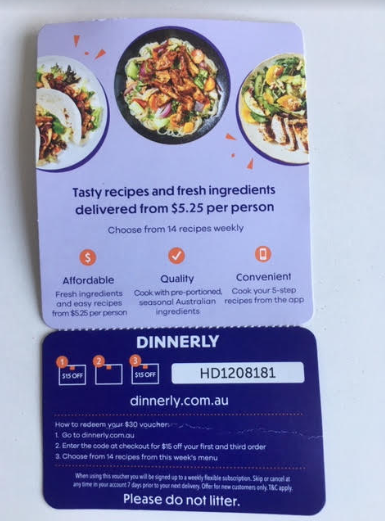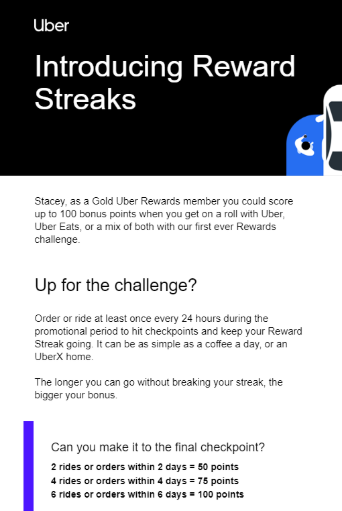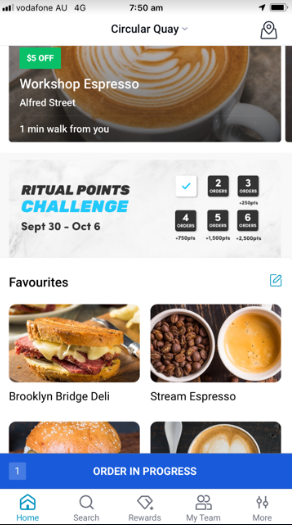Habits are at the core of many of our consumption decisions. Charles Duhigg, the author of ‘The Power Of Habit’ has actually said that 45% of consumer behaviour is driven by habit. Thus, understanding how habits develop and their influence on our behaviour is an effective tool for creating brand loyalty.
A habit is officially defined as something that you do often and regularly, sometimes without knowing that you are doing it. We naturally form habits to give our brain some relief, as acting on autopilot (Intuitive System) uses significantly less energy than making a conscious decision (Rational system).
There are three components of habit: Cue, Routine and Reward. These are outlined in the diagram below.
To explain this concept using a topical example, when I go to the grocery store (Cue), I stop in front of the shelf where the soft Kleenex toilet paper usually sits, select it, then head to the counter (Routine) without putting any thought into it (Reward). A habit I wish I could continue at this current time.
Habits form because of the rewards obtained and experienced due to the behaviour. The reward can be psychological (peace-of-mind), physical (quality softness) or social (recognition that I’ve bought a good brand). And once a habit has been established, the cue alone can be enough to trigger the behaviour. For example, sometimes I simply buy Kleenex toilet paper (without hoarding toilet paper) when I go to the grocery store even though I may not desperately need it (like I do right now).
Brands, want to be That Brand. The only Brand within a customer’s consideration set. The Brand consumers turn to without needing to think. The Brand who’s anticipated reward has resulted in ongoing habitual buying.
So how can Brands effectively reward behaviour which builds habits, and thus brand loyalty?
Here’s three companies doing it well right now:
On my way to the station last week (during non-isolation times), I was offered a $30 Dinnerly voucher. Having never been a Dinnerly customer before, I took the voucher because I am very familiar with the aggressive acquisition strategies being adopted by meal delivery kit companies and thought I’d get myself a free box.
Here’s what I received which seems to be a straight $30 off voucher.
But below is the back of the voucher which explains that I do get $30 off, however $15 will come off my first box, and $15 will come off my third box.
They say that it takes 21 days to build a habit, and that’s exactly what Dinnerly are looking to do with this tactic, requiring me to use Dinnerly for 3 weeks to unlock the full value of the reward.
I recently received the below email from Uber encouraging me to participate in ‘Streak Rewards’.
Streak Rewards is essentially rewarding persistent purchase behaviour in an attempt to turn this behaviour into an intuitive habit. They even mention that the purchase can be as small as ‘a coffee a day or an Uber home’. Trying to create an Uber habit by attaching it to known habits like daily coffees or work trips is their strategy here, with the rewarded behaviour being the habit (the length of time I can go without breaking my streak), rather than spend or basket size.
My favourite loyalty program as per the love poem I wrote about it a few weeks ago, is as its name suggests, focused on rewarding ritualistic behaviour to build intrinsic habits. Some current examples of the ways in which they’re rewarding my habitual behaviour include:
- If I visit the same place twice, I get extra rewards
- If I visit during the day as well as for dinner, I get extra rewards
- If I complete a personalised points challenge, I get extra rewards. Screen shot of my frequency challenge below:
It’s clear that habits and loyalty couldn’t be more closely linked. In fact, they could be considered one in the same. Building habits manifests as loyalty and will give a company a competitive edge by taking the competition out of the customers consideration set.
We want customers to intuitively buy our brand, intuitively swipe their member card and enjoy the rewards that are delivered as a result of this behaviour.
Building habits could be your key to building long term loyalty, so think about how you can apply this thinking to your loyalty program so you can become That Brand.

